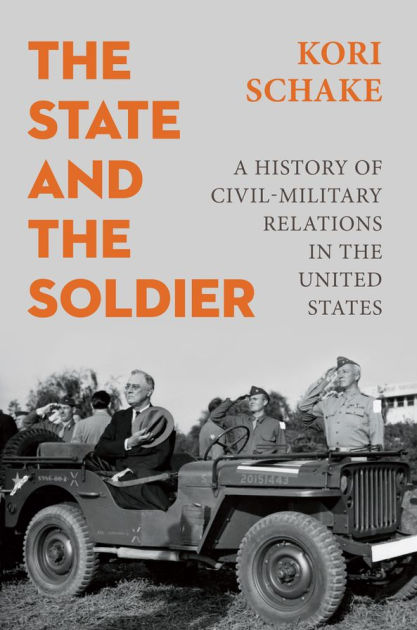The last time the American military found itself under anything close to this kind of political pressure was during the constitutional crisis of 1866–67. At that time, Ulysses S. Grant was the commanding general of the U.S. Army. The Civil War had recently ended, and President Andrew Johnson faced monumental decisions: On what terms would his administration allow the readmission of Confederate states to the Union, and what civic and economic roles would Black Americans play in the antebellum South? Even as the administration struggled to bring the conquered southern states under its control, an insurgency took root there, terrorizing Black citizens, Republicans, and northern businessmen.
Congress passed legislation calling for military rule over the South and active enforcement of the rights of Black citizens there. Johnson rejected this Reconstruction policy as illegitimate. He preferred a more lenient approach that would allow the southern states to govern themselves, even if this meant that Confederate leaders would regain power and impose policies that infringed on the rights of Black citizens.
Grant was not a natural politician, but he was the most popular figure in the country at the time. Johnson pressed him to appear at partisan White House events, and Grant did as he was asked—he went so far as to participate in a three-week political barnstorming tour with Johnson. He was seen widely as providing cover for the president’s policies, which were failing. Violence spiked in the South, and Johnson sent Grant to tour the region and produce an exculpatory report. Grant later repudiated that report because the insurgency, intent on restoring the antebellum order, had become impossible to ignore.
But why did he write it in the first place? Perhaps he believed that loyal service to the president meant propping up his unpopular policies. Maybe he was somehow unaware of the violence already terrorizing Black Americans and those who supported their rights. Perhaps his own political ambitions had begun to dawn, and he wanted to placate a public weary of the burdens of war. Whatever the reason, the moment was a low one—and it preceded a radical turn in Grant’s thinking on Reconstruction and his relationship with the president.
